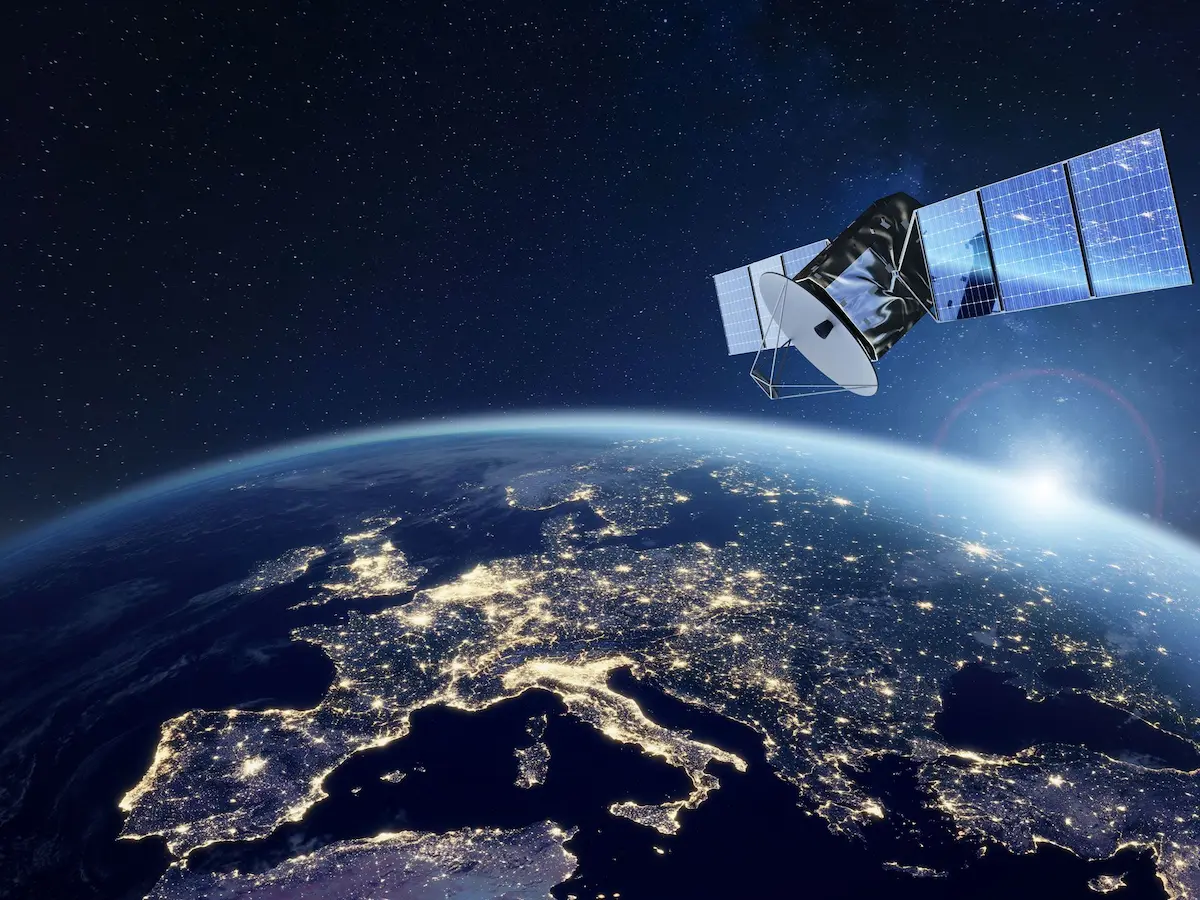
Using space responsibly
With the number of satellites in space surging, ensuring the long-term sustainability of the orbital environment has never been more critical. ITU builds on a long legacy in managing radio frequency bands for space services and offers forward-looking solutions.
Space is more than the next frontier. It is home to satellites from 91 countries that provide services to billions of people. Among those services are agriculture, banking, transportation, emergency telecommunications, climate insights, and more.
The world’s space economy is growing at 9% a year, and is projected to reach USD $1.9 trillion by 2035. Those operating in space include national space agencies, international space initiatives, private satellite operators and even space tourism ventures.
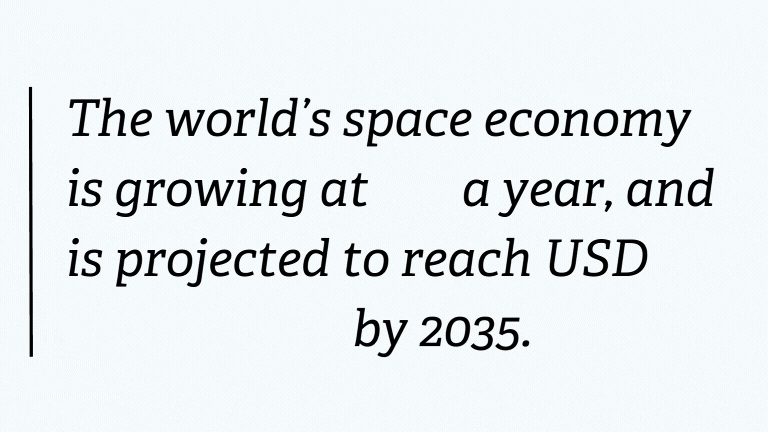

Paradox: Infinite sky, finite resources
The seeming vastness of space around the Earth is filling up fast. As demand for global connectivity grows, the number of satellites is expected to triple in the next six years, compared to the past 60.
Because satellite operations rely on a finite resource—specific frequency bands within the radio spectrum to communicate with their associated earth stations or other satellites—the rapid increase in activity heightens the risk of radio interference between services, making regulatory oversight more complex and essential. In this context, space sustainability is becoming increasingly critical to ensure fair and efficient access to radio spectrum and orbital resources.

ITU’s legacy and role in ensuring space sustainability
ITU builds on a rich legacy to ensure rational, equitable, efficient and economical access to radio-frequency spectrum by all radiocommunication services, including space services. The 4000-page Radio Regulations, which ITU developed over a century ago and is continuously updated, serves as the foundation to guide satellite operations.
Today, ITU provides certainty for space sustainability as it:
- Assigns frequencies to all authorized satellite systems
- Registers all satellites and earth stations, and coordinates new and existing satellites
- Ensures compliance with the radio regulations treaty
- Develops global standards for long-term space sustainability
- Monitors deployment of satellite networks to ensure orbits and frequencies deployed are consistent with those notified and registered in ITU’s Master International Frequency Register, thus reflecting existing agreements and regulations.
- Facilitates communications and exchange of information between key space stakeholders across all regions and sectors from governments, operators and industry that make use of space and spectrum.
More satellites bring more potential for radio interference. ITU’s Satellite Interference Reporting and Resolution System (SIRRS) enables reporting of harmful interference and helps resolve space communication conflicts.
Meanwhile, a rapid rise in space debris threatens future satellite missions. ITU’s Radiocommunication Bureau, through its Space Sustainability Gateway, compiles deorbit and disposal strategies in line with UN Office for Outer Space Affairs guidelines.
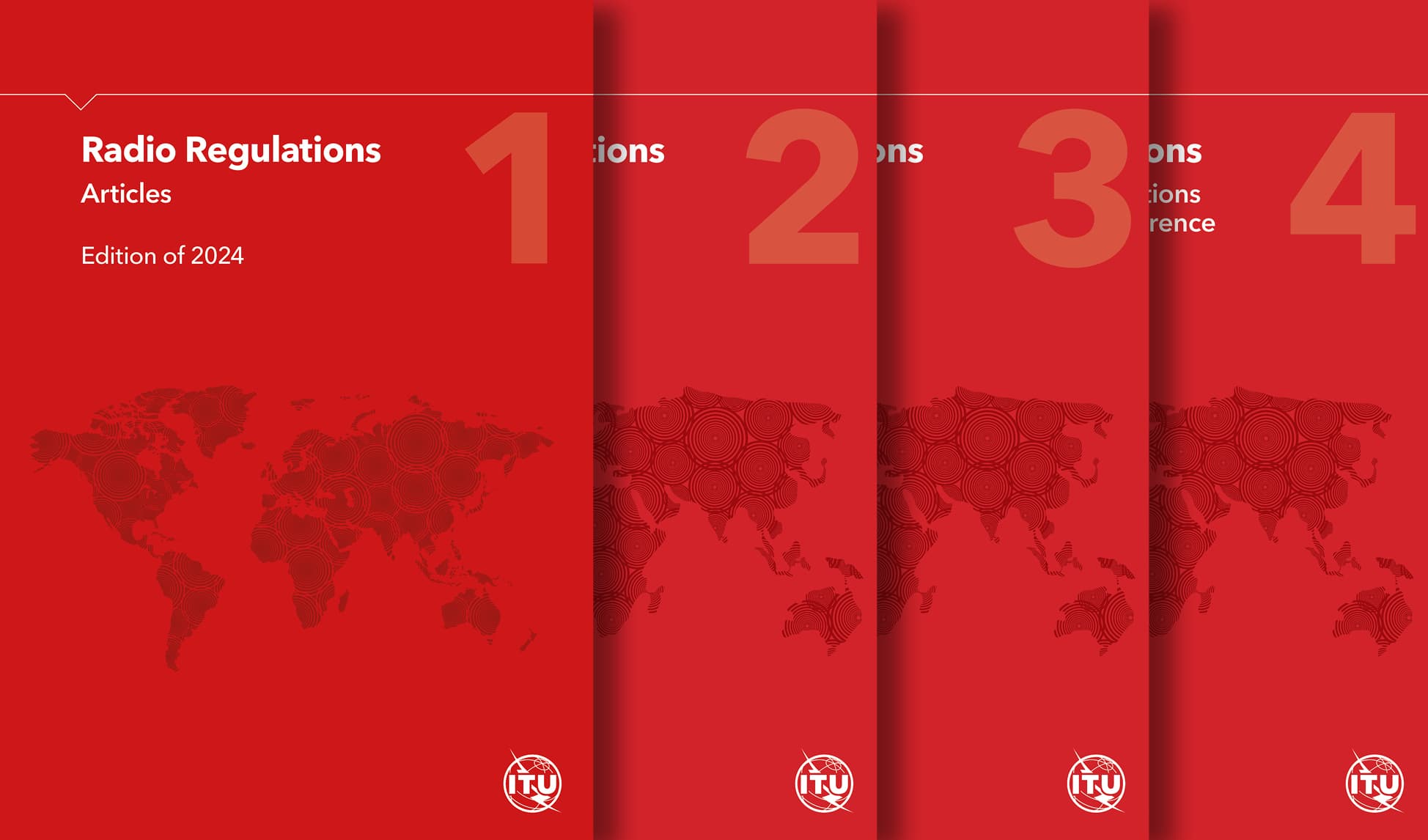

Multilateral cooperation for space sustainability
Geneva has long been a center of multilateral efforts for space regulation. In fact, the city was home to the first space conference to allocate frequency bands for space services—the 1963 Extraordinary Administrative Radio Conference (EARC). This foundational conference set the stage for the international regulation of space communications, working to ensure the equitable distribution of radio frequencies for space services.
Since then, ITU has played a central role in space sustainability, working alongside other Geneva-based organizations involved in space-related issues. These include the Conference on Disarmament and UNIDIR, which focus on space security, the World Meteorological Organization (WMO) for the use of satellites in meteorology, and UNOSAT for satellite imagery in disaster assistance.
As satellite traffic skyrockets, multilateral cooperation between businesses, governments, and international organizations becomes more critical.
Collaboration spans policy, regulatory oversight, research, advocacy, and commercial operations, all focused on integrating environmental, social, and governance (ESG) aspects into space activities.
In line with this approach, ITU hosted its first Space Sustainability Forum, in September 2024, bringing together a diverse range of stakeholders to address the economic, scientific, environmental, and humanitarian dimensions of space operations.
ITU’s vision for space aligns with global efforts to achieve the UN Sustainable Development Goals (SDGs). Satellites play a pivotal role in advancing these goals, particularly in bridging the digital divide, as one-third of the global population still lacks connectivity. They are also crucial for safeguarding communities, providing early warnings for extreme weather events, and delivering essential climate data
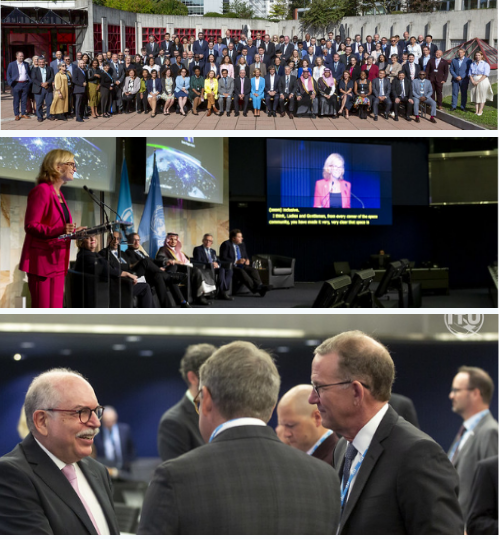

A collective commitment
Together, we have a collective commitment for the space environment. ITU plays a crucial role, bringing stakeholders together for coordinated, inclusive action.
Join us in using space responsibly
As the ITU Space Sustainability Forum (2024) concluded, there is much that industries and governments involved in space activities can do in these five areas, to keep future generations safe:
- Data sharing
- Awareness and education
- Regulatory frameworks, including updating your national space laws and strategies
- Technological solutions
- Partnerships
Would you like to learn more?
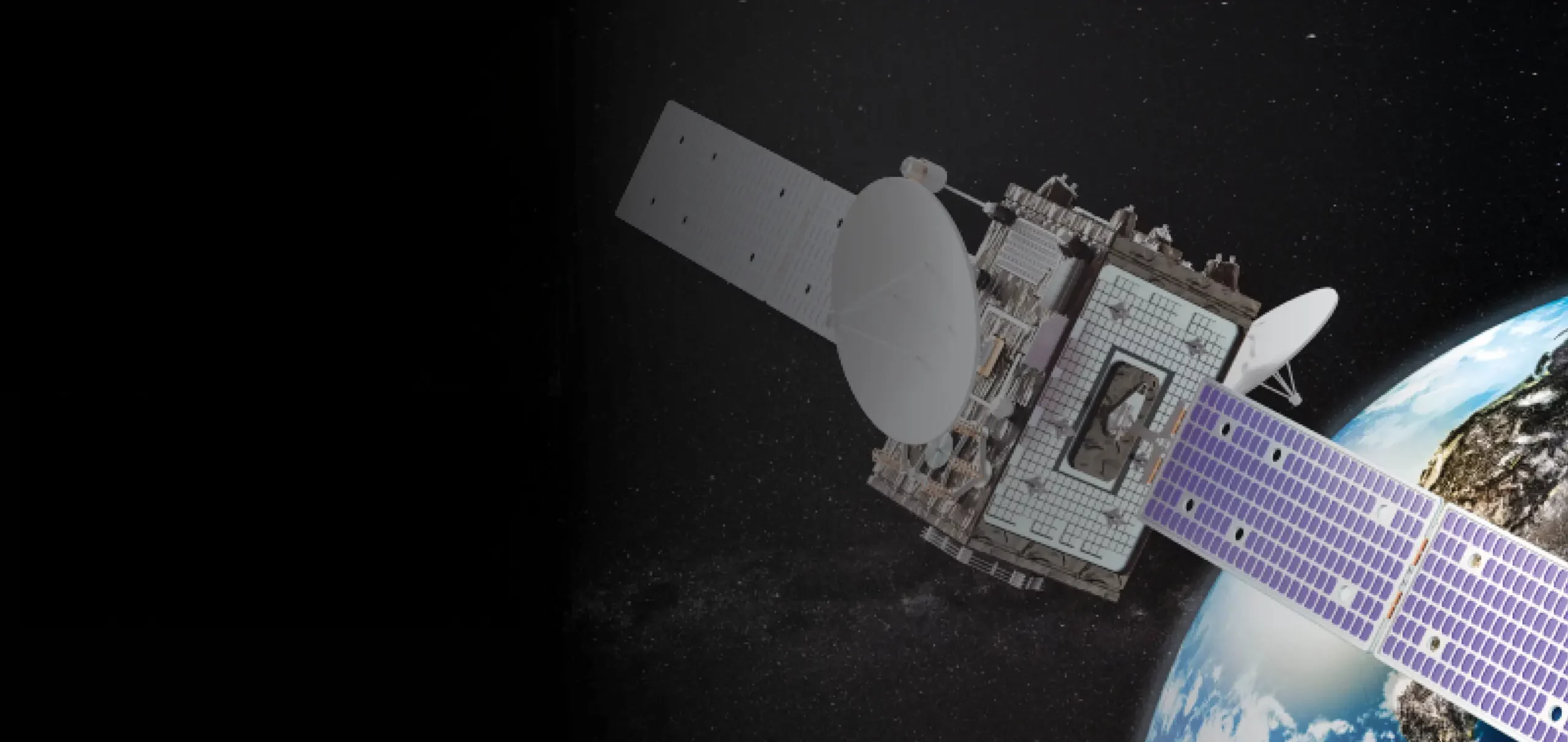
Join our Space Connect Webinar series
Explore how to grow the space economy for the global good

Explore the Space Sustainability Gateway
Learn how we’re building consensus to keep space viable
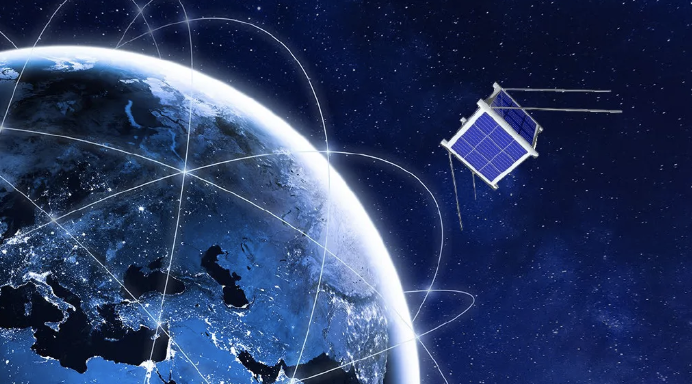
Check out our space-related publications
Including the Handbook on Small Satellites, outcomes from our latest conferences, and more